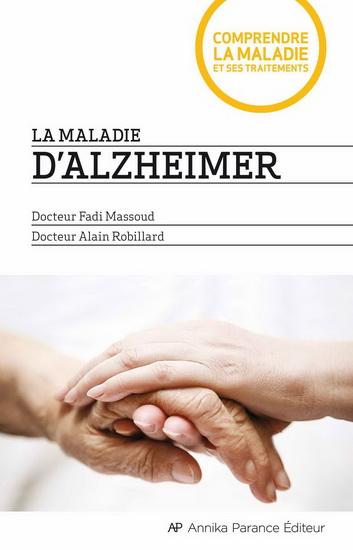
What Is Advance Care Planning?
What is Advance Care Planning?
Advance Care Planning, also called ACP, is the process of learning, considering, and discussing the types of healthcare decisions that might need to be made about your care when you age.
It’s not an easy topic. We don’t like thinking ahead to difficult times and many of us are only willing to have these discussions when our health has significantly deteriorated. Leaving it late means relying on our lesser capabilities or someone else to figure out and decide what we want for care.
That is why Advance Care Planning is important. It helps you decide what type of care you would like and it also helps you communicate those decisions to your loved ones. It lets you name a person who can speak for you and honor your wishes.
Where do you start?
Advance Care Planning begins with an honest conversation.
To get past the sometimes awkward discussion of end-of-life care, start with having question-based conversations with your doctor, family or friends. Questions such as: How would I like to be taken care of if I lost autonomy (at home, in a residence, etc.)? What are my values and beliefs regarding death? Who would speak on my behalf if I were in a coma or had advanced dementia? Do I want my future healthcare to be focused on comfort or life-prolonging measures?
It takes time, and courage, to be comfortable talking about Advance Care Planning. But have no fear, as you start talking about ACP, you will recognize what matters to you as you age. Furthermore, there are various resources offered by Canadian provinces or associations (such as Speak Up) which provide templates that to guide you through the planning process.
Provincial assistance and substitutes
Each province can have a slightly different process to make your ACP official. However, most of them rely on two key concepts: 1) a substitute decision maker or representative, and 2) their legal duty to respect your instructions.
A substitute decision maker can be one (or more) person who will make medical decisions on your behalf when you are no longer capable of communicating your wishes. They can, for example, refuse or consent to treatments. It’s important to choose someone or a few people who you trust and know will be comfortable communicating and implementing your wishes. If you do not appoint a substitute decision maker, most provinces will have a priority list of decision makers, usually family members.
Once you have chosen a substitute decision maker and provide your care plan to them, they have a legal duty to respect your instructions.
Note that an advance care plan is different from a living will. While a living will is a type of ACP, it may not contain specific healthcare instructions a care plan would.
In conclusion, it is natural to assume that you don’t need to think about ACP while you are healthy and that your family members will know what to do. The reality is these conversations make it easier for everyone, ourselves and our loved ones, and take the guesswork away when dealing with difficult health circumstances. Who wouldn’t want that?













